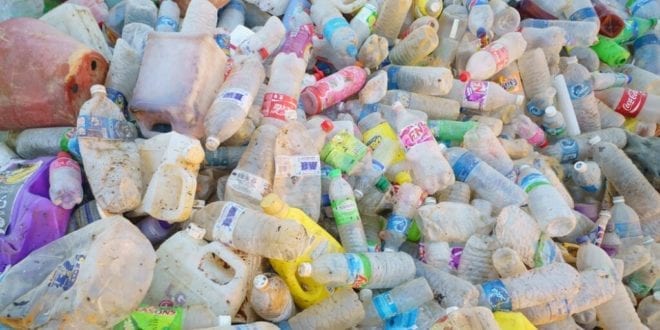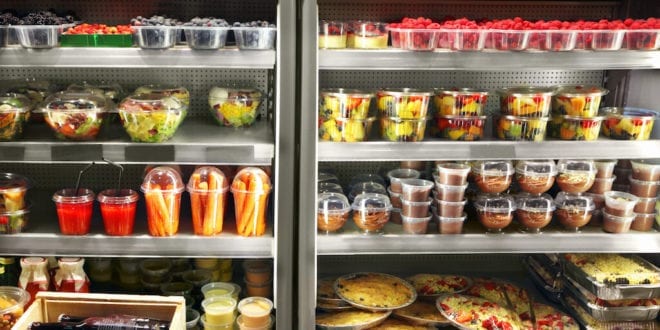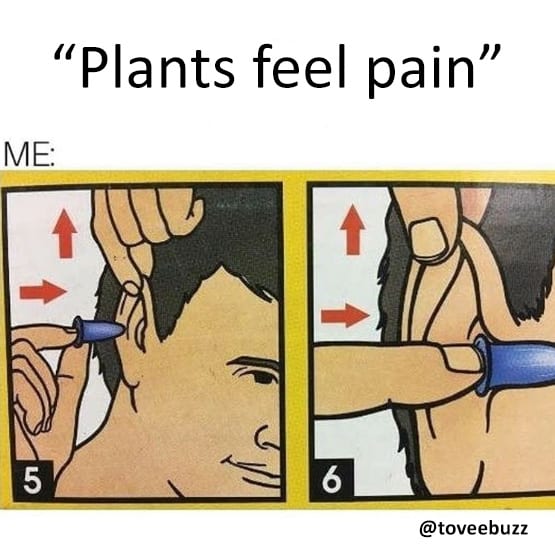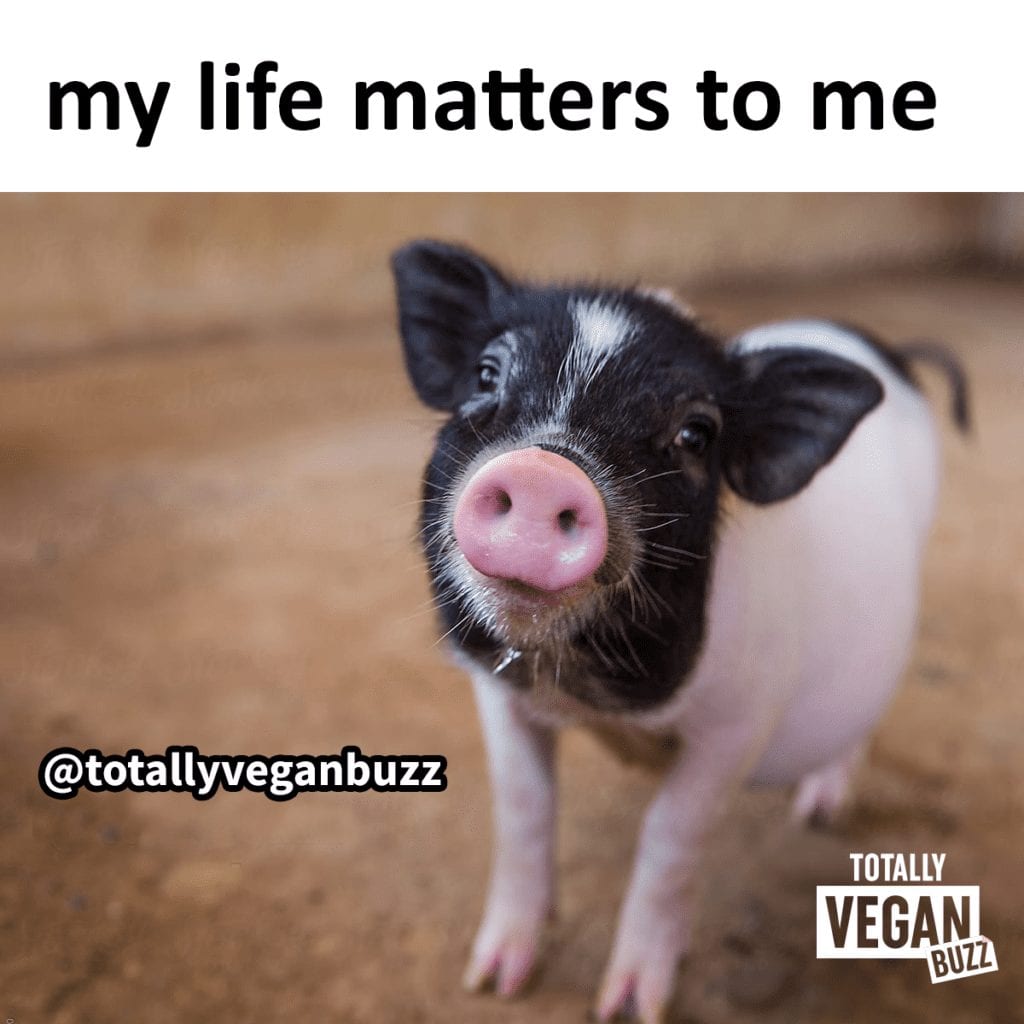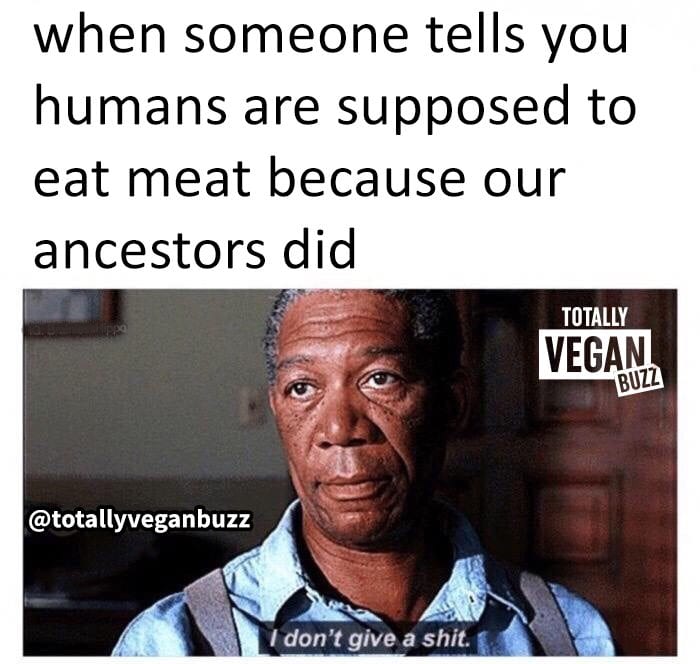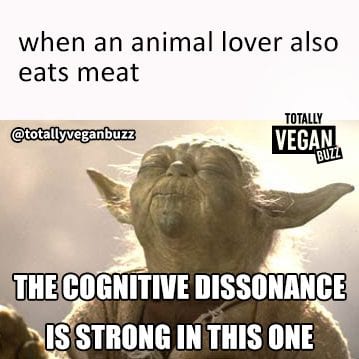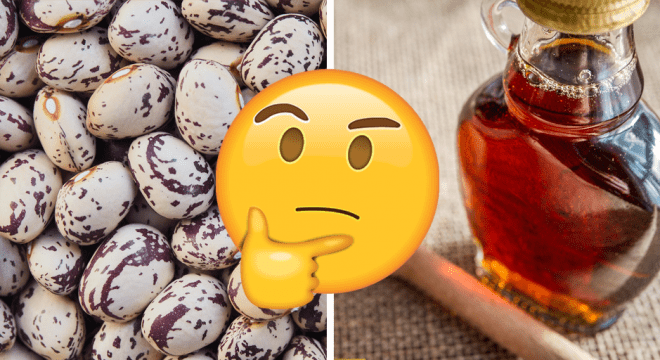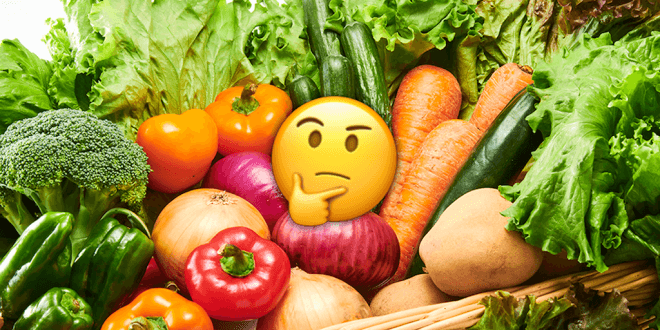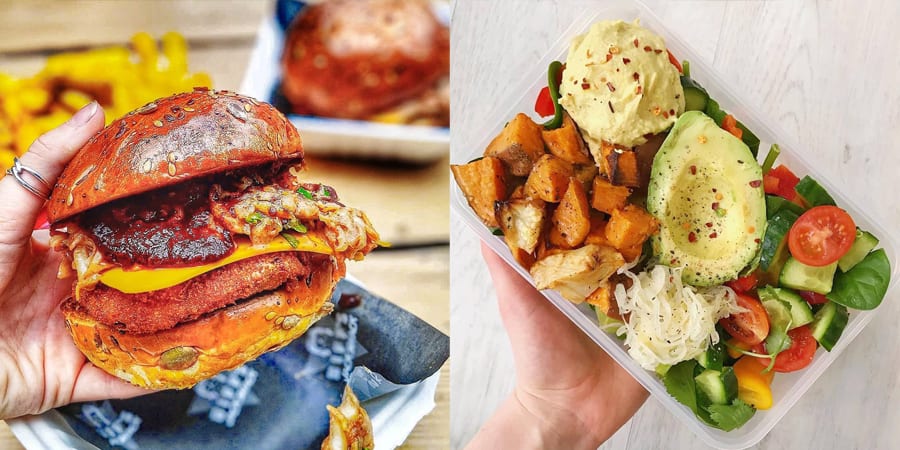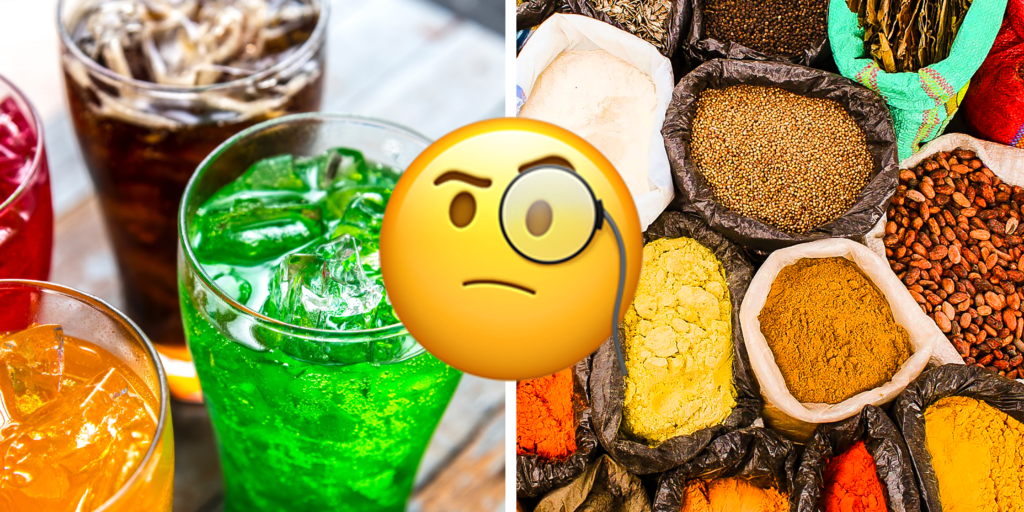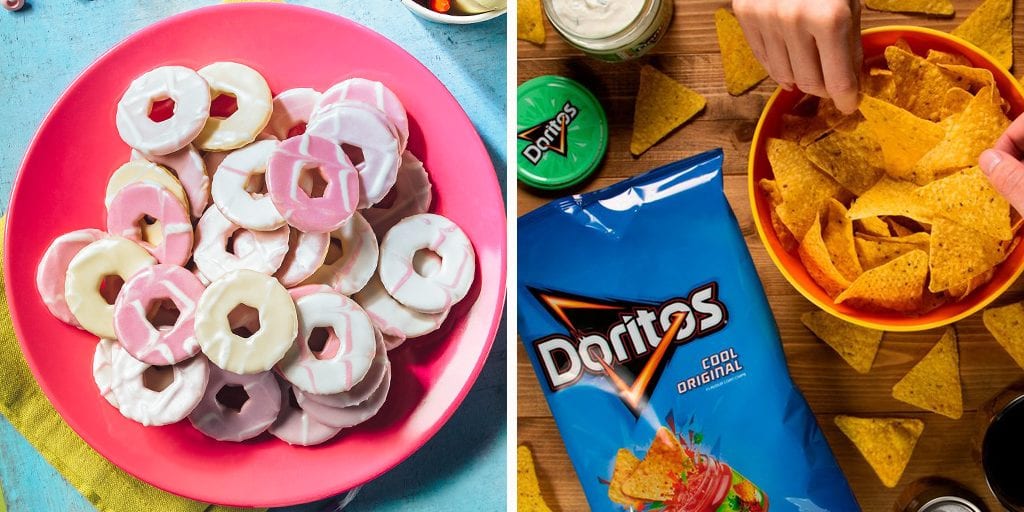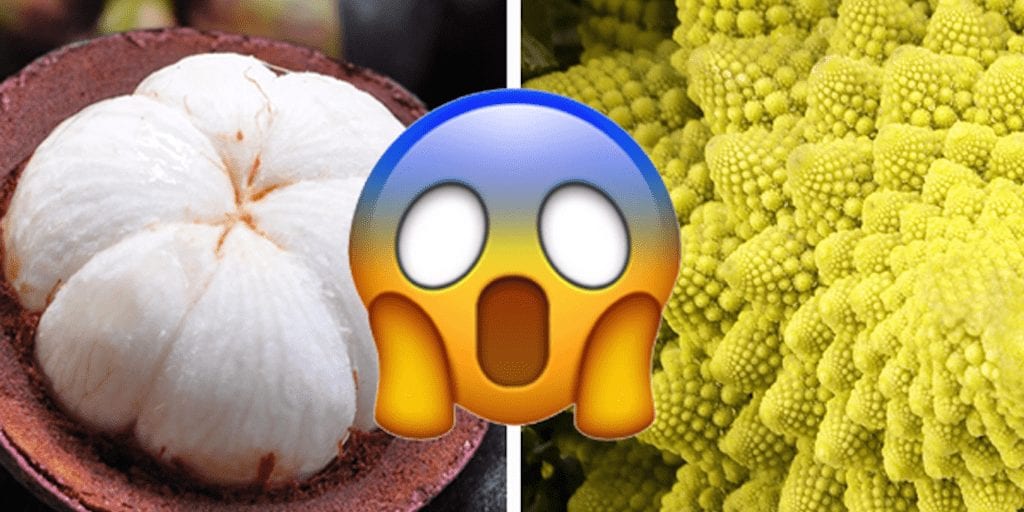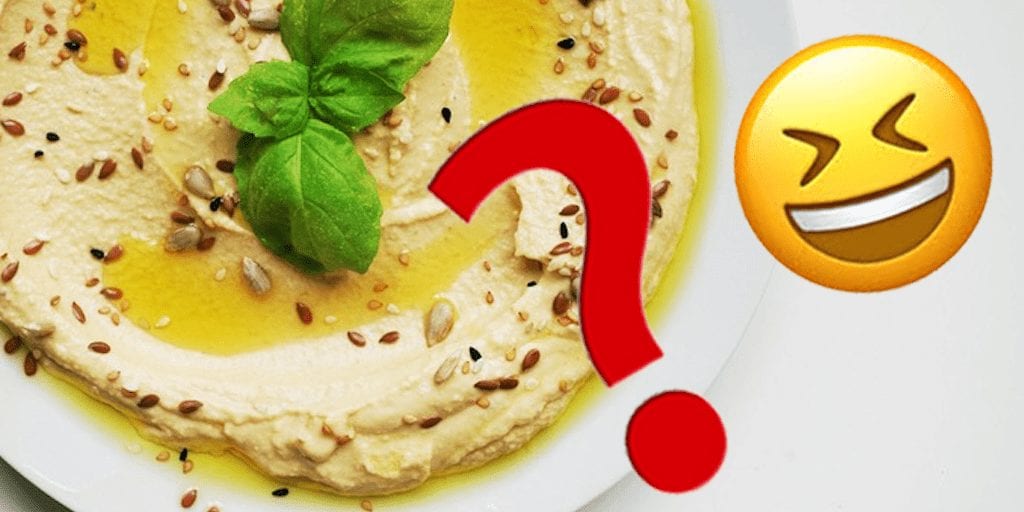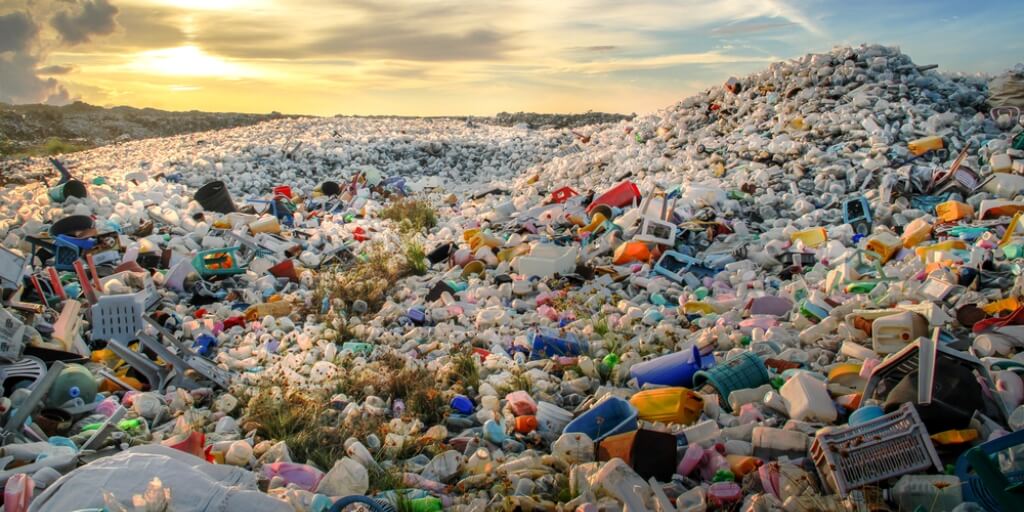
Microplastics can cause cell death, allergic responses, cross the cell membrane barrier, and damage cell walls at the levels ingested by humans.
Laboratory findings have shown that microplastics have damaging effects on the human cells at the levels relevant to human exposure.
The study published in the Journal of Hazardous Materials found that these microscopic particles can lead to immune responses, cell death and other cellular dysfunctions.
Study
Researchers looked at 17 previous studies that focused on microplastics’ toxicological impacts on human cell lines.
They then compared the concentrations of microplastics that affected cell viability to the concentrations that humans generally ingest through drinking water, seafood and table salt.
They found that microplastics at the levels ingested by humans can cause cell death, allergic responses, cross the cell membrane barrier and damage cell walls
However, its impact on the human body is uncertain because it is not known how long microplastics remain in the body before being excreted.
Evangelos Danopoulos, of Hull York Medical School, UK, and lead author of the study said: “Our research shows that we are ingesting microplastics at the levels consistent with harmful effects on cells, which are in many cases the initiating event for health effects.
“However, the biggest uncertainty at the present time is how ingested microplastics are excreted from the body. This is a crucial point to understand the true level of risk.”
Microplastics
Microplastics pollution has contaminated the entire planet. They’re even in the Arctic and Antarctica. An average person inadvertently consumes five grams of plastic each week throughout the course of daily life.
That’s about the weight of a credit card. This amounts to about 250 grams per year or more than a half-pound of plastic every 12 months!
“We are exposed to these particles every day: we’re eating them, we’re inhaling them. And we don’t really know how they react with our bodies once they are in,” Danopoulos added.
“We should be concerned. Right now, there isn’t really a way to protect ourselves.”
Danopoulos further said that the research highlighted that irregularly shaped microplastics, which are the majority found in the environment, are more hazardous than the spherical ones.
While the long-term health implications of ingesting microplastics daily are still largely unknown. But it’s safe to say that plastic doesn’t belong in our digestive system.
At this point, we need more research into exactly how ingesting microplastics may affect human health. But till that time, we can all do our bit to reduce the amount of plastic that gets dumped into landfills and the oceans.
How can we stop microplastic pollution?
Some of the tips include:
- Switching to a plastic-free lifestyle overall, which reduces the amount of single-use disposable plastic used daily
- Choosing natural fiber clothing over synthetic fibers (which shed microfibres with each wash)
- Washing clothes less frequently (one round of laundry can release hundreds of plastic microfibres into the water supply)
- Calling out the plastic industry for all the plastic pellet (nurdles) that unwittingly end up in our waterways
- Driving less and choosing to walk or bike more (fast driving causes more microfibres to shed off tyres).
- Avoiding cigarettes as their filters are plastic
Share this story: Study reveals that microplastics cause damage to human cells.
Lifestyle
Vegan culture, food, beauty & more
Is Tobey Maguire vegan? Here’s what we know
- Mohsina Dodhiya
- 17th August 2023
Tobey Maguire often speaks about veganism and animal issues. Tobey Maguire, the actor best known for playing Spider-Man in the Sam Raimi trilogy, is a vegan. He has been a vegetarian since 1992 and became a vegan in 2009. A lifelong commitment to animal rights Maguire’s decision to go vegan was motivated by his love …
Continue reading “Is Tobey Maguire vegan? Here’s what we know”
Plant-based food jobs surge with 32% growth in just 3 months
- Mohsina Dodhiya
- 17th August 2023
The number of open jobs advertised in the plant-based industry increased by almost a third from April to July 2023, GlobalData reported. The plant-based food industry is booming, and this is reflected in the number of job openings in the sector. According to data from GlobalData, the number of open jobs advertised in the plant-based …
Continue reading “Plant-based food jobs surge with 32% growth in just 3 months”
VEGAN MEMES
NEED A LAUGH?
QUIZZES
All the quizzes you love to binge!
QUIZ: If you score 11/12 on this quiz, you’re a verified vegan food expert
- Marlon Farrugia
- 10th January 2020
How much vegan knowledge do you have stored away? Do you have to Google your way through a shopping trip, or do you have all the bad E-numbers memorised? Find out now with this quiz. Marlon Farrugia Marlon Farrugia is a freelance writer from Brighton. He has been a dedicated vegan for many years, and …
Continue reading “QUIZ: If you score 11/12 on this quiz, you’re a verified vegan food expert”
QUIZ: What is your perfect Vegan Halloween Costume?
- Marlon Farrugia
- 13th October 2019
Spook Season approaches. There will be ghosts, goblins, ghouls, and glucose. You need a costume, and you want to it to show off your personality, which means VEGAN. But what to choose? Take our quiz to find out your perfect outfit. Marlon Farrugia Marlon Farrugia is a freelance writer from Brighton. He has been a …
Continue reading “QUIZ: What is your perfect Vegan Halloween Costume?”
QUIZ: What kind of vegetable are you?
- Marlon Farrugia
- 26th September 2019
“If you were a vegetable, what kind would you be?” A question that has tormented humanity throughout the ages – until now. Read: QUIZ: If you score 19/20 on THIS quiz, you’re a Vegan God Marlon Farrugia Marlon Farrugia is a freelance writer from Brighton. He has been a dedicated vegan for many years, and …

